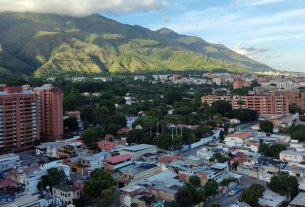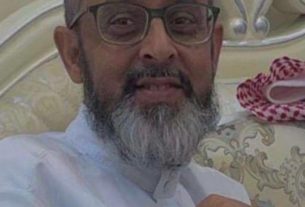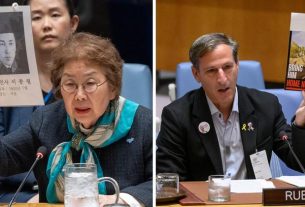Last week, the authorities in Tanzania arrested opposition presidential candidate Tundu Lissu on fabricated charges, then used his party’s calls for electoral reform to disqualify it from participating in upcoming elections. The government of President Samia Suluhu Hassan has previously repressed the political opposition and critical voices.
The authorities charged Lissu with treason and “publishing false information” online. They detained him for allegedly having “formed an intention” to instigate the public to obstruct the elections, based on his support for his party, Chama Cha Demokrasia na Maendeleo (Chadema), urging a boycott of the elections slated for late this year. Chadema has been calling for the government to undertake “fundamental electoral reforms” as part of its campaign, “No Reforms, No Elections.”
Treason in Tanzania carries a potential sentence of death and people charged with this offense are not eligible for bail.
On April 12, 2025, Tanzania’s electoral body, the Independent National Elections Commission, disqualified Chadema from participating in the elections after party officials refused to sign the 2025 Election Code of Ethics. Chadema had said it would not sign the code until the government undertook electoral reforms. Gaston Garubindi, Chadema’s legal and human rights director, told Human Rights Watch that he believes the government was deliberately targeting Lissu to derail the party’s reform campaign.
Successive Tanzanian governments have repressed the political opposition in previous elections. Prior to the 2020 elections, the government of the late President John Magufuli arbitrarily arrested scores of opposition party leaders, officials, and supporters, including Lissu. It also suspended media outlets, censored mobile phone communications, and blocked social media.
Ahead of the November 2024 local elections, the government of President Suluhu, who took office after Magufuli’s death in 2021, arbitrarily arrested hundreds of Chadema supporters, imposed restrictions on social media access, and banned independent media. The authorities were implicated in the abduction and extrajudicial killing of at least eight government critics. Chadema said thousands of its candidates were disqualified from participating.
The situation looks similarly troubling for this year’s elections.
Concerned governments should be pressing President Suluhu to reverse these repressive actions and ensure that basic rights and freedoms are respected in Tanzania so that the population is able to have the free and fair election to which they are entitled.


